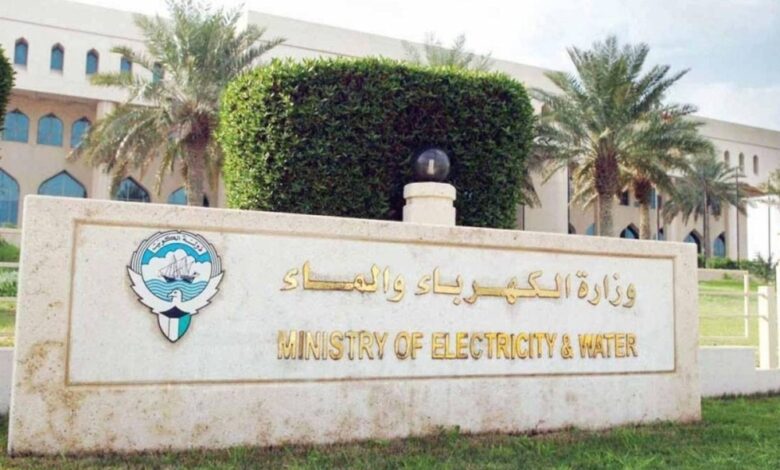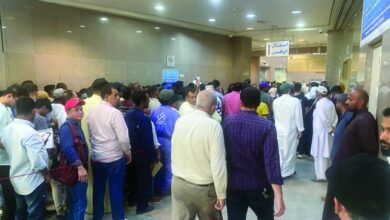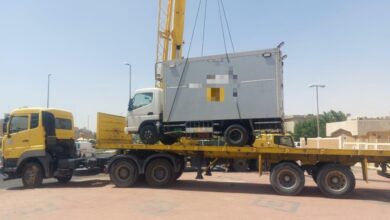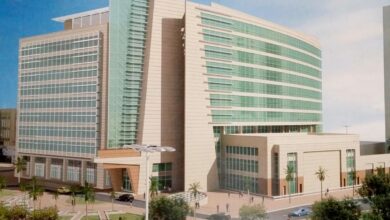Ministry urges AC set at 24°C, unused systems off for energy savings
The Ministry of Electricity, Water, and Renewable Energy identified eleven recommendations to reduce consumption rates during peak hours, specifically from 12 noon to 4 p.m. on summer days.

-
Maintain the control temperature for air conditioners’ at 27°C in areas with computers and other sensitive equipment.
-
Turn off air conditioning systems, lighting lamps, and other electrical appliances in unused areas and ensure that lights are turned off after official work hours.
Maha Al-Asousi, Acting Undersecretary of the Ministry of Electricity, Water, and Renewable Energy, affirmed the enhancement of the strategy to conserve electricity and water usage during the summer season. This period imposes significant strain on power generation facilities.
In a letter addressed to the Acting Undersecretary of the Ministry of Education, Mansour Al-Dehani, Al-Asousi identified eleven recommendations to reduce consumption rates during peak hours, specifically from 12 noon to 4 p.m. on summer days. The aim is to prevent power outages and ensure continuous water supply to consumers.
The ministry highlighted the Ministry of Electricity’s readiness to collaborate with the Ministry of Education and Assistance by conducting field visits to its buildings, auditing their energy usage, and organizing rationalization workshops for its engineering affairs sector. The goal is to achieve highly efficient buildings that comply with energy conservation regulations.
The recommendations were as follows:
- Set the air conditioning temperature to 24°C, which is the design temperature for air-conditioned buildings.
- Maintain the control temperature for air conditioners’ at 27°C in areas with computers and other sensitive equipment.
- Turn off air conditioning systems, lighting lamps, and other electrical appliances in unused areas.
- Ensure that lights are turned off after official work hours.
- Close the fans of unused bathrooms.
- Turn off water heaters in bathrooms and kitchens.
- Repair water leaks in taps and bidets.
- Ensure that windows and doors are tightly closed.
- Use energy-saving LED lighting.
- Use optical sensors in rarely used areas.
- Avoid operating devices and equipment with high loads during peak periods.















